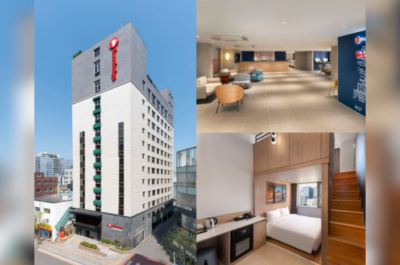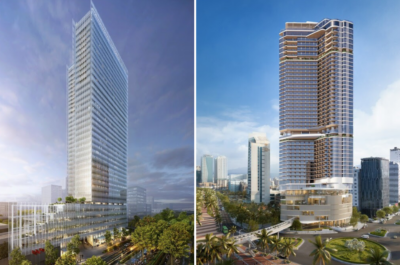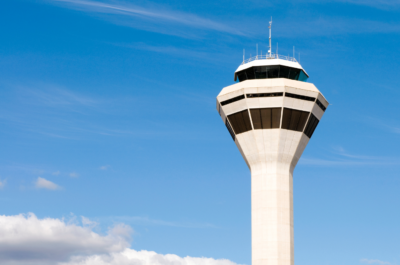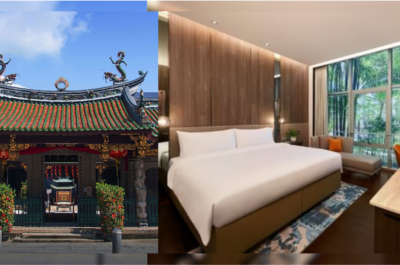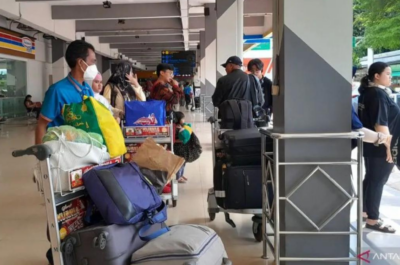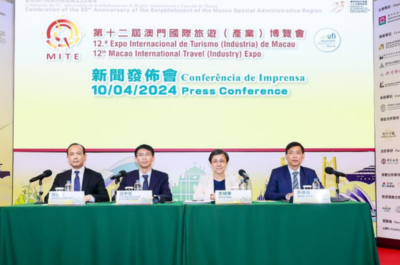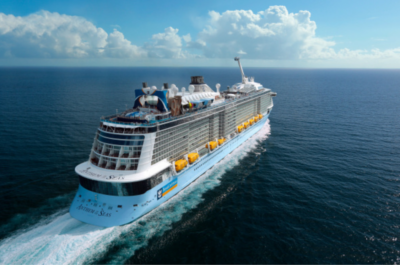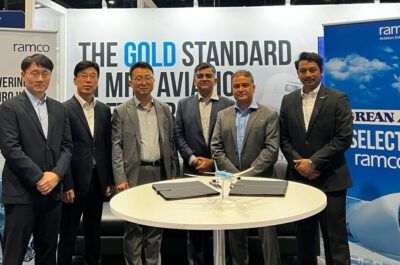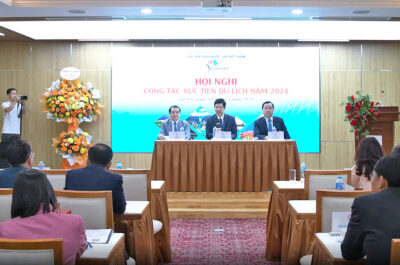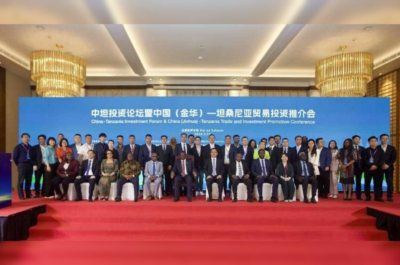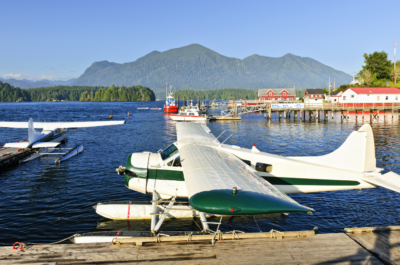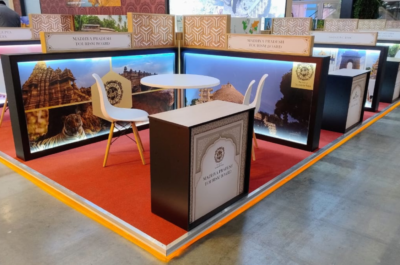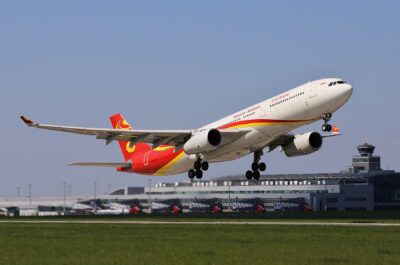Hotel investors are increasingly recognising the potential benefits of investing in the hotel industry through sale and leaseback structures says…
Hotel investors are increasingly recognising the potential benefits of investing in the hotel industry through sale and leaseback structures says
“The pressure for operators to deliver maximum value to shareholders in an environment of increasingly limited capital resources has fuelled this trend in Europe. In order to satisfy the need for growth, operators have been almost forced into sale and leaseback agreements for lack of suitable alternatives,” said Mr David Gibson, Managing Director and CEO, Jones Lang LaSalle Hotels.
But these agreements can actually work well for both parties. They provide an innovative method of off-balance sheet financing that presents a win-win situation for both the investor and the operator: the investor has a realisable form of security for his investment while the operator has a tranche of newly acquired development capital. It was a sale and leaseback deal through the Royal Bank of Scotland that enabled Nomura to acquire the Meridien portfolio in 2001 with its new capital injection.
“Despite Europe seeing a total investment of just under 3.5 billion in sale and leaseback agreements in the last two years analysts continue to take a one-sided view of this type of structure. They focus on the negative impact on the balance sheet that occurs when assets become long-term liabilities. But while the pressure for expansion exists and available public equity is scarce, sale and leasebacks provide an opportunity to satisfy both parties” said Mr Gibson.
Whilst some hotels in the Asia Pacific region have been offered for sale on a sale and leaseback basis, none of these have actually progressed to confirmed transactions. According to Jones Lang LaSalle Hotels, this is indicative of the cultural resistance to selling real estate in the region generally.
The one exception is Japan, where several sale-leaseback transactions have occurred as a result of the severe balance sheet pressures faced by many owners in a difficult economic environment. “We anticipate the sale and leaseback option will become more popular in the Asia Pacific, with the region`s hotel owners and operators facing the same pressures as their counterparts in Europe and the Americas” concluded Mr Gibson.
The primary drivers that point to the continued growth of the sale-leaseback option for hotel owner operators include:
Theodore is the Co-Founder and Managing Editor of TravelDailyNews Media Network; his responsibilities include business development and planning for TravelDailyNews long-term opportunities.





























